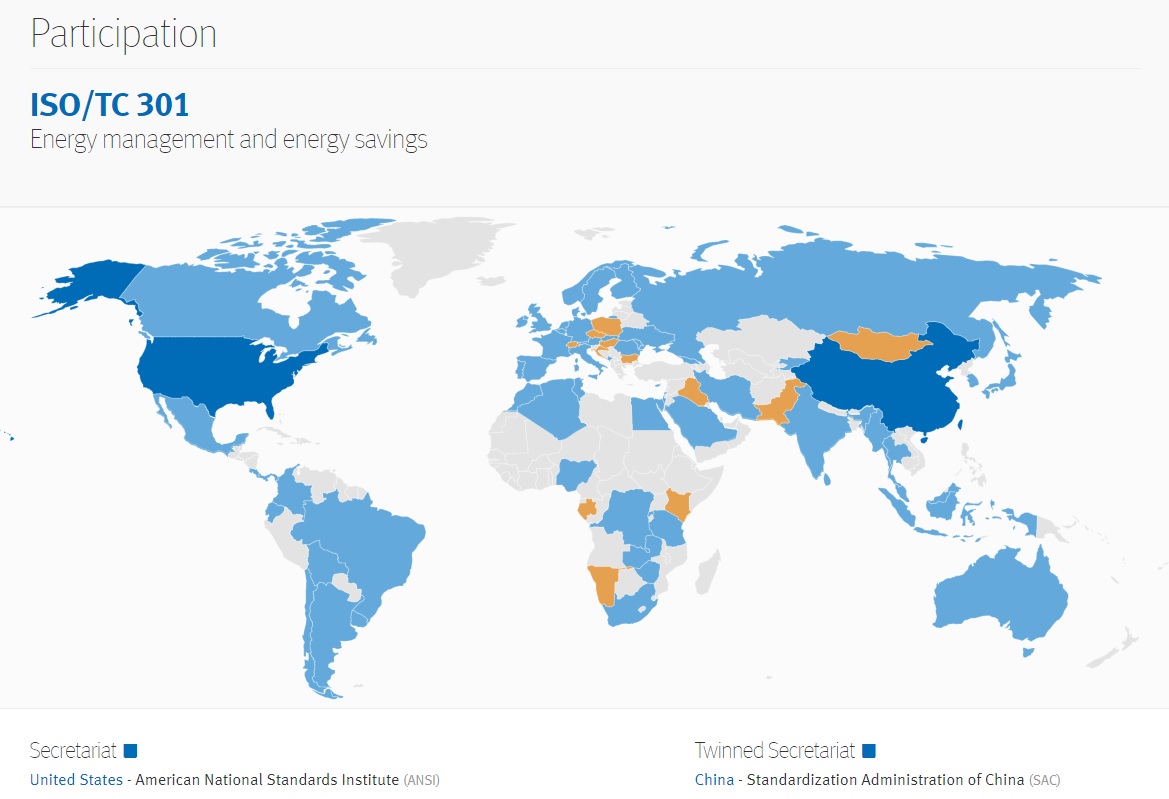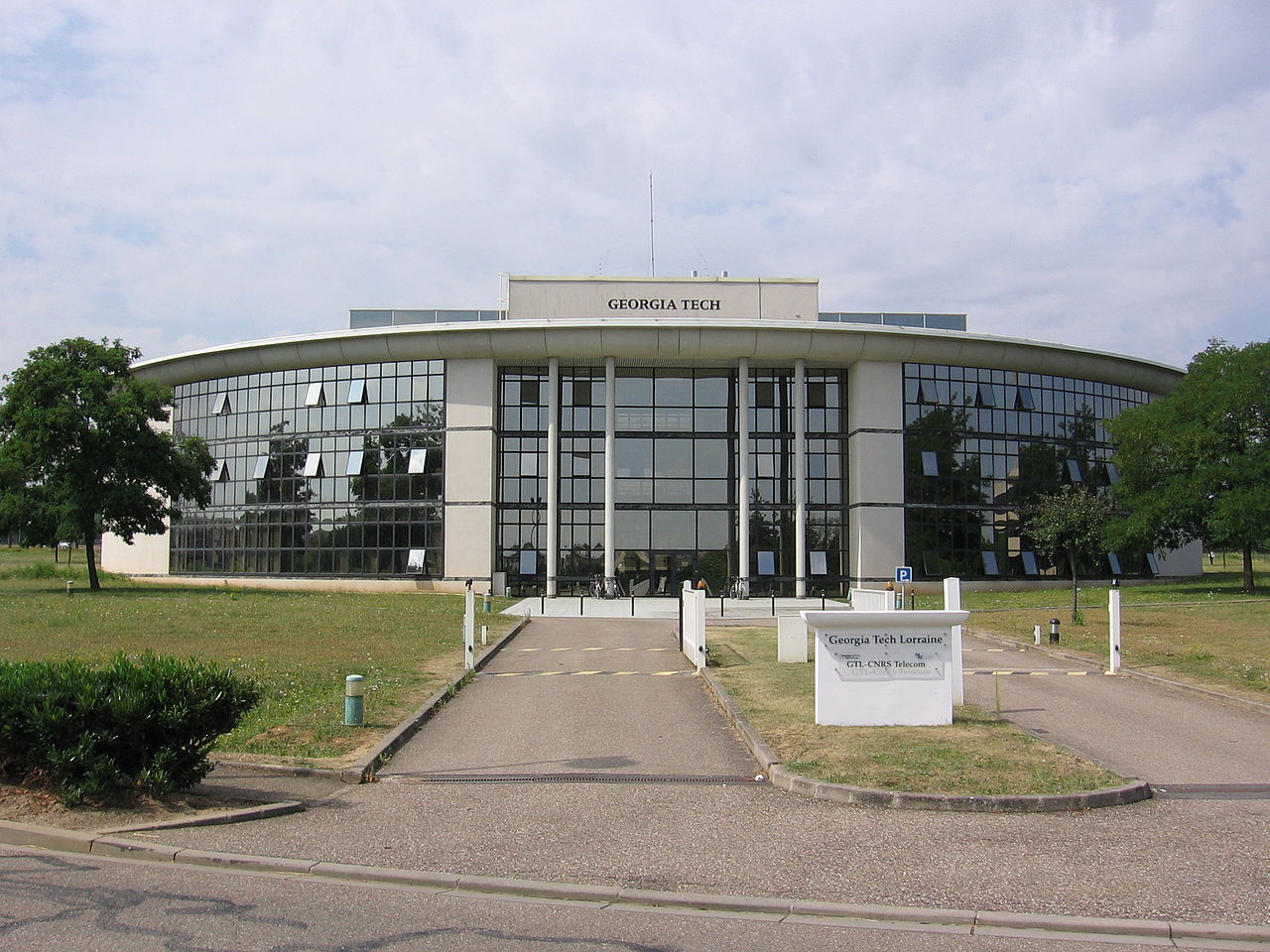We follow and participate in about fifty standardization projects administered from the Geneva-sister standards setting organizations; either through the US Technical Advisory Group Administrator assigned by the American National Standards Institute or through colleagues in educational institutions elsewhere in the world; mostly faculty in European colleges and universities engaged in research in electrotechnology.
Since 2013 we have been keeping pace with the product creation of International Organization for Standardization Technical Committee 301 Energy Management and Energy Savings. The work of ISO/TC 301 provides a globally recognized standard of practice for managing energy over time and for calculating and reporting energy savings. A key deliverable — ISO 50001 Energy Management — unites, on a broad level, the concept and execution of energy management system standardization for a range of stakeholders, including, but not limited to: industry, buildings, energy efficiency organizations, standards authorities, energy service providers, government agencies, energy management practitioners, and conformance and energy auditing firms.
Link to ISO TC/301 Strategic Business Plan.
Working Area: Energy management and energy savings
Of particular interest to us back in 2013 were the performance provisions — fairly typical for international standards — for adopting organizations and industries to set their own benchmarks (i.e. agree upon a rate of change, rather than an absolute target). We monitor about half of the standards action in ANSI accredited standards developers every day and decided to propose references to the work products of ISO TC/301 to US-based standards developers such as ASHRAE International and the International Code Council. They were rejected for the same reason: US-based standards developers prefer bright-line, prescriptive standards that can be enforced by the conformance and compliance industry.
Good minds will disagree upon whether performance standards promulgated by the Geneva standards-setting organizations are appropriate for all industries. Performance standards may be appropriate for the energy, manufacturing and financial industries in all nations but they may not meet the rather well-financed energy conservation interests tied to education communities in the United States. We find many, many energy conservation functionaries in these communities.
Georgia Tech Energy & Sustainability Services (GTESS) is the US Technical Advisory Group Administrator for the American National Standards Institute. We maintain a collaborative workspace with experts in the Institute of Electrical and Electronic Engineers to respond to public consultation queries that originate from either GTESS or our colleagues at other universities in other nations
IEEE Education & Healthcare Facilities Committee
The energy domain is a relatively “crowded domain” in our view; characterized by relative weakness of the User-Interest which we describe in our ABOUT. In our experience, crowded domains require special sensitivities.
We encourage our colleagues in the energy conservation and sustainability community to communicate directly with Georgia Tech Energy & Environmental Management Center (GTESS); Deann Desai, 75 Fifth Street N.W, Suite 300, Atlanta, GA 30332-0640, (770) 605-4474, deann.desai@innovate.gatech.edu, OR melody.mcelw ee@innovate.gatech.ed to obtain review copies of these documents and to submit comments (with a copy to psa@ansi.org). We will collaborate on energy issues separately with our colleagues at other universities in Europe through the IEEE Industrial Applications Society
All international standards that affect #TotalCostofOwnership and the safety and sustainability agenda of the education industry are on the standing agenda of our periodic Global and Energy standards teleconferences. See our CALENDAR for the next online meeting; open to everyone.
Issue: [13-98]
Category: Energy Management
Colleagues: Mike Anthony, Christine Fischer, Jack Janveja, Richard Robben, Larry Spielvogel












